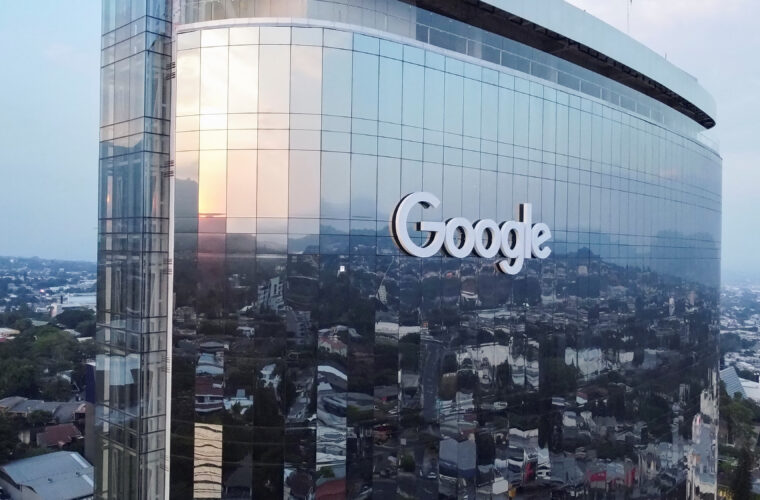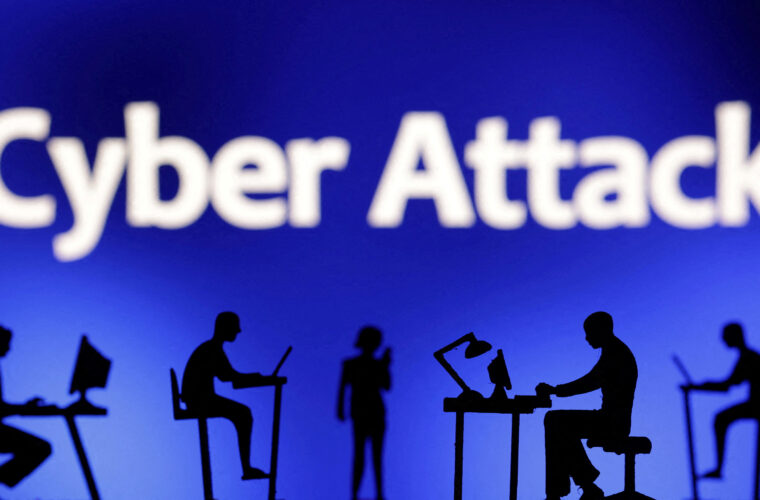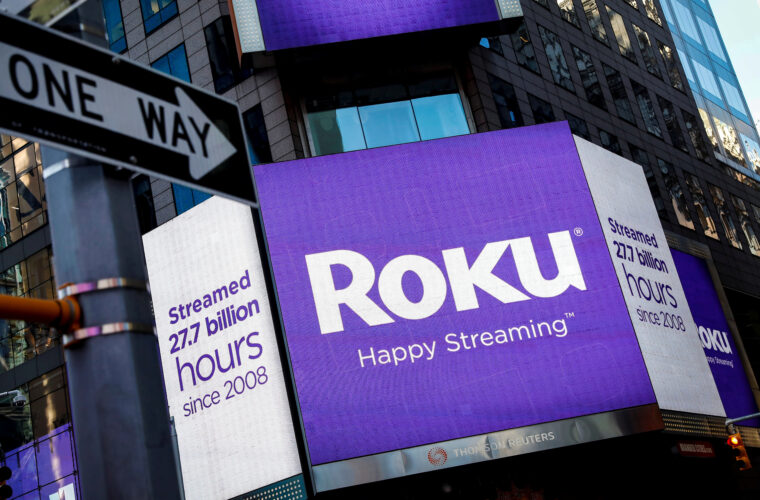President of the USA described cybersecurity as a “core national security challenge”
President Biden held a marathon of meetings on cybersecurity and hacker attacks with tech, education and critical infrastructure leaders. The purpose of these meetings, which took place in the White House, was to shield America’s national cybersecurity as well as to strengthen the degree of security of businesses and citizens from cyberattacks.
Big Tech executives from Apple, Google, Alphabet, Amazon, IBM and Microsoft were at the same table with the US President and discussed with him the hacker attacks that have increased dramatically in recent times. As pointed out, cyberattacks have become increasingly dangerous to market and economic stability.
During the meetings, Biden outlined cybersecurity as “core national security challenge” and mentioned recent hacker attacks on US businesses that have caused great concerned to Americans. “We have seen time and again how the technologies we rely on from our cell-phones to pipelines, to electric grid, can become targets of hackers and criminals. At the same time, our skill cybersecurity workforce has not grown fast enough to keep pace. About a half a million cybersecurity jobs remain unfilled. That’s a challenge, but it also is a real opportunity” said President Biden talked to leading CEOs.

Back in May, Biden issued an executive order to improve federal government’s cybersecurity and it was decided to buy tech products that met certain cybersecurity standards. Also, the government launched a 100-day initiative to improve cybersecurity across the electric sector and as Biden underlined, that initiative has already resulted in more than 150 utilities that serve 90 million Americans being deployed.
“Because cybersecurity is a global issue, we have also rallied G7 countries to hold nations who harbor ransomware criminals accountable and I had a summit with Vladimir Putin and made it clear to him that we expected him to hold them accountable as well, because they know where they are and who they are” the US President declared.
NATO cyber policy has been updated and 30 nations – members take actions and step up in their fight against ransomware. “The reality is that most of our critical infrastructure is owned and operated by the private sector and the federal government can’t meet this challenge alone” said Biden, underlined that Big Tech companies have the power, the capacity and the responsibility to raise the bar on cybersecurity.
“Lock cybersecurity door”
“We are building a coalition of nations to advocate for and invest in trusted 5G technology and to better secure our supply chains. And, we are bringing the full strength of our capabilities to disrupt malicious cyber activity, including managing both the risks and opportunities of emerging technologies like quantum computing and artificial intelligence” said President Biden on a written statement released in October, the cybersecurity awareness month.

“The Federal government needs the partnership of every American and every American company in these efforts. We must lock our digital doors — by encrypting our data and using multifactor authentication, for example—and we must build technology securely by design, enabling consumers to understand the risks in the technologies they buy. Because people – from those who build technology to those to deploy technology – are at the heart of our success” the President pointed out.
Tech giants committed to fill the half a million open jobs in the cybersecurity industry and to provide training to hundreds of thousands of cybersecurity experts in the coming years to help the US government strengthen Americans’ sense of security. President Biden underlined the importance of expanding public-private cooperation on cybersecurity and asked from leading American executives to play a more active role in this effort.



